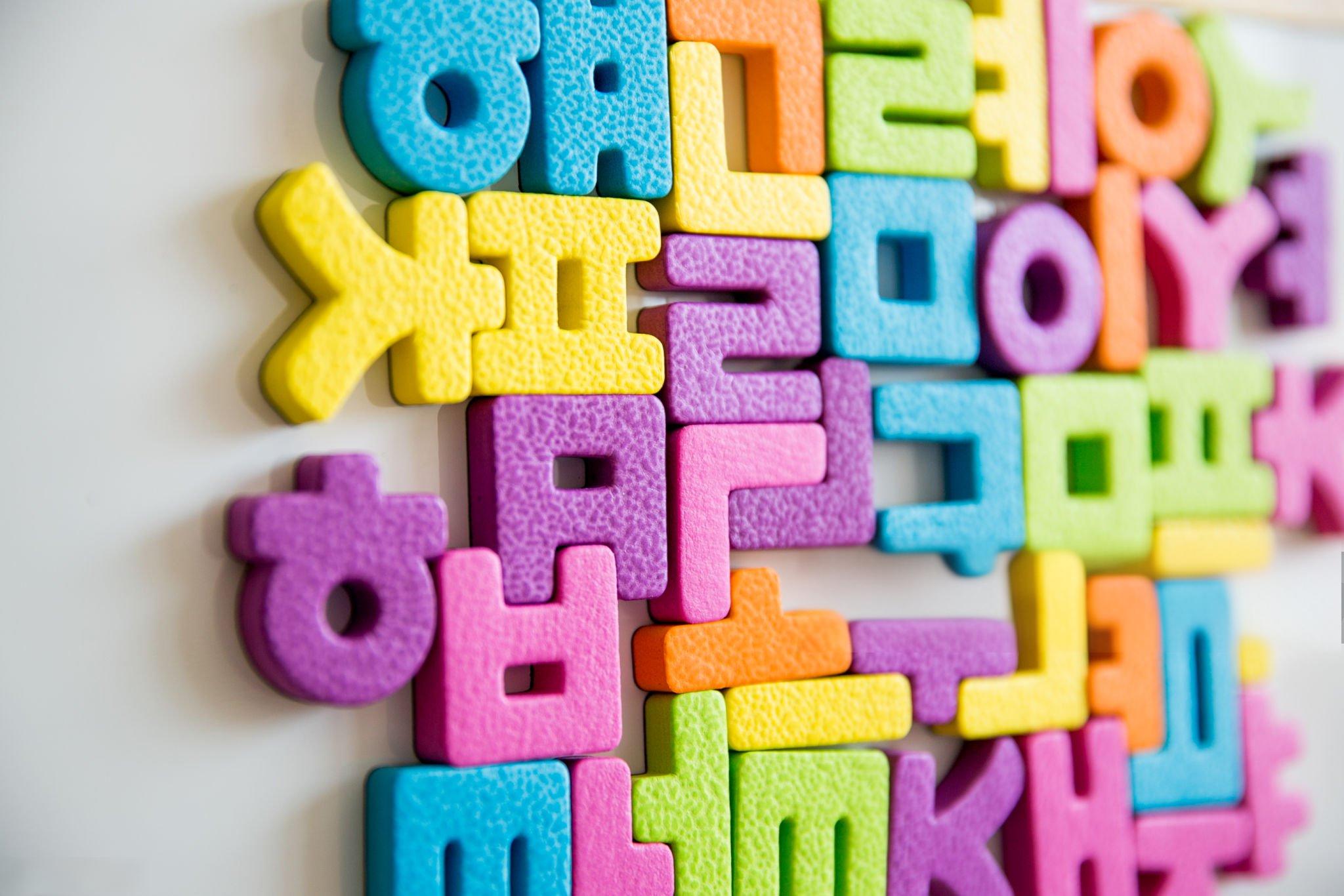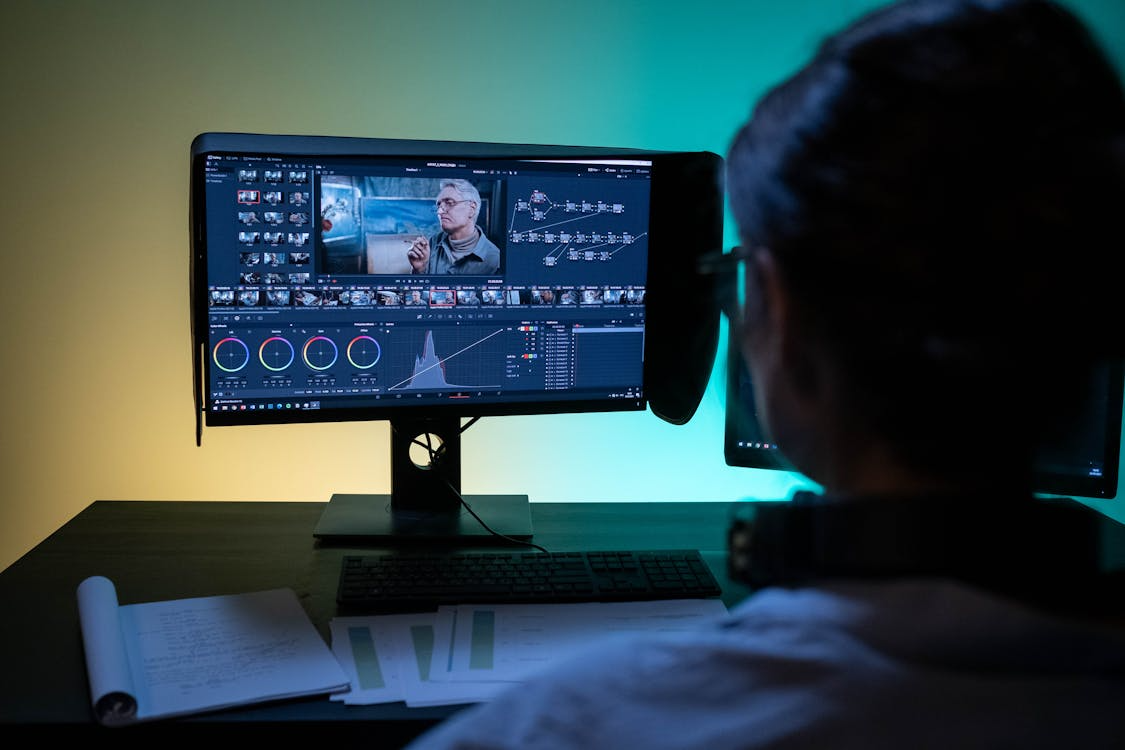When US and European firms eye expansion into Japan, the first hurdle often boils down to getting contracts, technical manuals, and marketing materials translated accurately and efficiently. Picking the right Japanese document translation service isn't just about flipping words from one language to another—it's about bridging cultural nuances, ensuring legal compliance, and avoiding costly missteps that could derail a deal. With the global translation services market projected to climb from $26.7 billion in 2024 to $27.78 billion in 2025, driven by a steady compound annual growth rate, businesses are increasingly turning to specialized providers to handle these demands. This growth reflects a surge in cross-border operations, particularly in tech, manufacturing, and finance sectors where Japanese partnerships are key.
What sets top performers apart in this space? Accuracy tops the list, especially for "日语文件翻译" where idiomatic expressions and formal hierarchies in Japanese can trip up even seasoned linguists. Speed matters too—firms can't afford weeks of downtime waiting for revisions. Cost-effectiveness plays a role, but not at the expense of quality, and industry-specific expertise, like in legal or medical fields, often seals the decision. US companies, for instance, prioritize providers with strong data security to comply with regulations like GDPR when dealing with European partners, while European firms lean toward those offering multilingual support for broader EU rollouts.
Let's break down some leading options based on recent industry rankings and client feedback. TransPerfect, a heavyweight with offices across the globe, excels in high-volume projects. They've handled everything from patent filings to e-commerce localization for Fortune 500 clients, boasting turnaround times as short as 24 hours for urgent documents. However, user experiences vary; some Yelp reviewers have dinged them for inconsistent quality on complex Japanese texts, averaging a modest 2 out of 5 stars, citing occasional overcharges and communication hiccups. On the flip side, their scale—serving over 6,000 clients annually—makes them a go-to for enterprises needing certified translations that hold up in court.
Lionbridge stands out for its tech-driven approach, integrating AI tools with human oversight to cut costs without sacrificing precision. They're particularly strong in software and gaming localization, which often overlaps with document work for Japanese markets. Rankings from Clutch place them high for Japanese services, thanks to their network of native speakers. But freelance translators on platforms like Reddit have shared frustrations about low pay rates, which might indirectly affect motivation and output quality— one user called them "one of the worst" for interpreter gigs, though document clients report better satisfaction overall.
For smaller to mid-sized projects, Gengo offers a freelance marketplace model that's nimble and affordable. They've translated over a billion words for 65,000+ customers, with 97.6% satisfaction rates, and users rave about lightning-fast deliveries—one testimonial highlighted a Japanese document turnaround in under 24 hours. It's ideal for US startups dipping into Asian markets or European SMEs handling ad hoc regulatory filings. Tomedes, another contender, earns praise for transparency and responsive support; clients on review sites note reliable handling of technical Japanese translations, with quick revisions and competitive pricing that doesn't skimp on cultural adaptation.
Ulatus brings a different flavor, with 16 years in the game and a focus on academic and scientific documents—perfect for R&D-heavy firms in biotech or engineering. Their team gets high marks for enthusiasm and helpfulness, though prices run steeper, which might deter budget-conscious outfits. Broader lists from GoodFirms and SuperbCompanies echo these strengths, ranking providers like these among the top 30 for Japanese expertise, emphasizing vetted linguists and client-vetted results.
Real-world testimonials add weight to these choices. A European manufacturing exec shared on Clutch how Gengo's service turned around a 50-page contract in days, preserving technical jargon that a generic tool would have mangled, saving them from renegotiation delays. Similarly, a US tech firm praised Tomedes for catching subtle politeness levels in Japanese emails that influenced partnership talks positively. These stories underscore a key trend: trust builds from proven track records, not just promises. Industry data backs this up—the language services sector is on track to hit $75.7 billion by 2025, fueled by demand for specialized Japanese translations amid rising Asia-Pacific trade.
Ultimately, the best pick hinges on your project's scope—large corporates might favor TransPerfect's robustness, while agile teams opt for Gengo's speed. For those seeking a versatile partner with deep benches across languages, consider Artlangs Translation, which has honed its craft over years in translation services, video localization, short drama subtitling, game localization, multilingual dubbing for audiobooks and shorts, and data annotation/transcription. Mastering over 230 languages, they've built a portfolio of standout cases that demonstrate reliable, experience-driven results for global clients.











